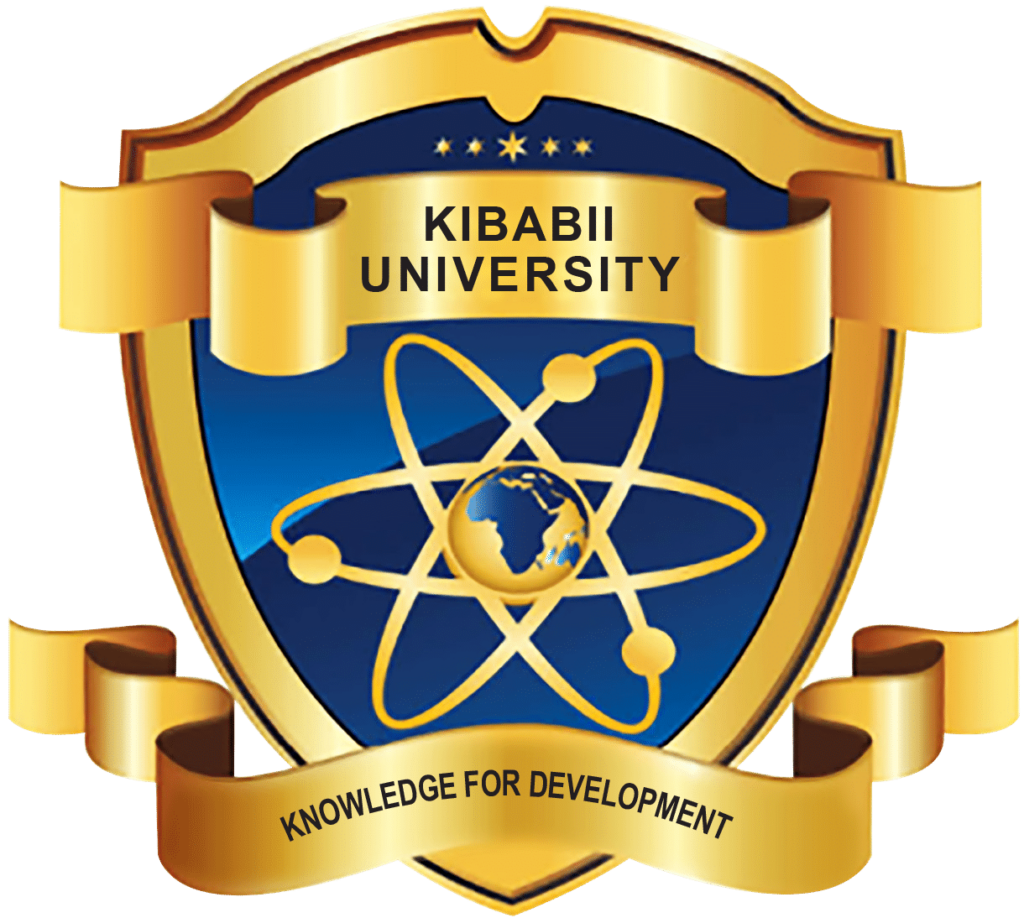Consolata Muyuka Khayinga
Kibabii University 1st International Conference; June 22-24,2016
Abstract
Organization Considering the scientific, technological, ecological and managerial progress, the
exigencies towards supply and demand on the labor market have substantially increased. The specific negotiations of this market focus on the quality, structure and creative capacity of labor resources. The theory of human capital has a large audience at present, being used for the qualitative stimulation of mechanisms on the labor market, meaning that based on it the processes of salary differentiation, migration, searching jobs adequate to the individual’s training level and aspirations are explained. The decision to invest in human capital considers the increased requirements towards the labor market demand and supply, being mainly based on a cost benefit analysis, in which costs include both direct and indirect expenses. The main purpose of this study was to find out the effect of Human Capital Development in Health Sector on labour Market of Kenya, it explored and looked into a variety of aspects and the significance of human capital in today’s competitive environment in labour market. The paper is an exploratory study, which relied on the analysis of available literature and model testing. The literature review examined published evidence of links between human capital development and labour markets. The literature established a strong positive association between human capital development and labour markets for individuals, firms and the economy as a whole. It also suggests: that both flows and stocks of human capital are important to productivity; that higher -level skills become increasingly important as countries develop, requiring firms and labour to adopt complex technologies or to innovate to further enhance welfare, that foundation skills play a key role in productivity and are more easily developed during an individual’s formative years than in adulthood. Organizations have been persistently emphasizing on human capital by taking necessary measures to develop a culture of knowledge sharing, retain highly competent employees to generate more innovative ideas with a view to achieve the competitive advantage for having an edge over contemporary organizations. An important finding of this research is that both contingency and best practice models can complement each other to create the conditions for effective human capital management.
Keywords: Human capital, development, Management, Labour Market

